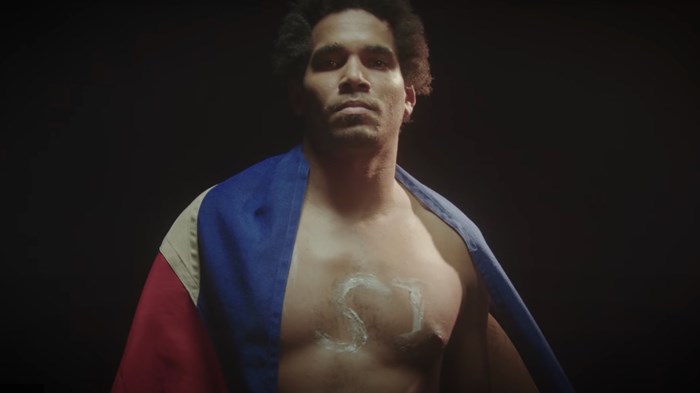Cuban Congregations and FBOs Must Decide How to Involve Themselves in Politics

Last week in more than 50 towns and cities across Cuba, illegal protesters staged the largest protests against the government in decades. These dissidents did so at great personal risk, as Cuban state is known for detentions and house arrests for those who openly oppose them. Cuban religious leaders were in the thick of this growing cry for more freedom and more provision for the people of Cuba.
At a base level, Cubans are protesting against their widespread material lack, as food and medicine are difficult to obtain on the island. I observed this across several trips between 2016 and 2019, watching the staff at a local faith-based organization search stores for basics and coming up empty-handed. On another trip my son was admitted to a hospital with the necessary medicines only after we showed our U.S. passports. And all this was before COVID-19.
But the outcry is about more than food shortages and a global pandemic. Other protests, such as the sit-ins of artists in November 2020, or the subsequent music video seen by half of the people of Cuba in four weeks, point to a consensus of discontent under Cuba’s Communist regime. The video provides a slogan for this summer’s protests. “Patria y Vida” (homeland and life), defiantly recasts the mantra of the Cuban Revolution, “Patria o Muerte” (homeland or death).
Amid the turmoil, Cuban congregations and faith-based groups are deciding how to involve themselves. Some have made protest a part of their religious expression. Throughout the nation’s history, it has been religious leaders who have challenged both political and religious institutions, and who have championed independence. In the early 19th century, Father Félix Varela and others were exiled for promoting independence, the abolition of slavery, and a participatory form of government.
Varela’s ideas influenced one of Latin America’s greatest independence leaders, José Martí, along with a generation of anti-establishment Christians. Current examples of such leaders like Yarian Sierra Madrigal and Yéremi Blanco Ramírez joined last week’s protests and then were violently detained, as Christianity Today reported.
Other Christians separate their faith from politics. These communities of worshippers may be on the front lines of providing for the needs of their community, yet do not speak out publicly. One pastor told me that to have time each week to worship, learn and serve without contemplating the government is of great worth to Cubans. The church becomes an oasis for them, itself a place of freedom. Some faith-based groups with strong international partnerships view political engagement as an unwise risk.
Still others interpret much of their Christian faith according to the social goals of Cuba, though not its ideological underpinnings. For example, Reverend Doctor Ofelia Ortega Suárez served as member of the Cuban Parliament, President of the Matanzas Evangelical Seminary and President of the World Council of Churches for Latin America and the Caribbean. In an interview with her and her husband, Dr. Rev. Daniel Montoya Rosales, the couple described concerns about the push for social change in Cuba.
Montoya Rosales was a young man in a Baptist church when the Cuban Revolution was brewing. His activist father disappeared mysteriously when he was 15, never to return.
They describe the current push for privatization of industries as a movement for individual gain. They viewed sharing as their Christian duty, the base of which is to seek to benefit one another instead of oneself. In their perspective, sharing meant voluntarily holding things in common.
“That is where the church also has a role to play, in teaching sharing, nothing is mine,” said Montoya Rosales. “I have to share what I do,” added Ortega Súarez.
In his recent book Reading While Black, theologian Esau McCaulley points out biblical examples of responses to injustice like that found in Cuba, which include a range from prayer, submission, and peacemaking to public outcry, pointed critique and demands for liberation. According to McCaulley, Scripture instructs Christians to long for a world marked by Jesus’ reign. “Hungering for justice,” he wrote, “is hungering for the kingdom.”
In 1960, the Cuban Council of Evangelical Churches (CCEC) had made a similar declaration, envisioning a society that ascribed to God “the ultimate authority concerning man and history, and that is based upon the social principles of Christ.”
Jamie Goodwin, Assistant Professor of Humanitarian and Disaster Leadership at the Humanitarian Disaster Institute, is earning a Doctor of Philosophy Philanthropic Studies from the Indiana University Lilly Family School of Philanthropy. Her research focuses on international philanthropy and civil society, with a focus on faith-based organizations and immigrant groups.
The Better Samaritan is a part of CT's
Blog Forum. Support the work of CT.
Subscribe and get one year free.
The views of the blogger do not necessarily reflect those of Christianity Today.






















